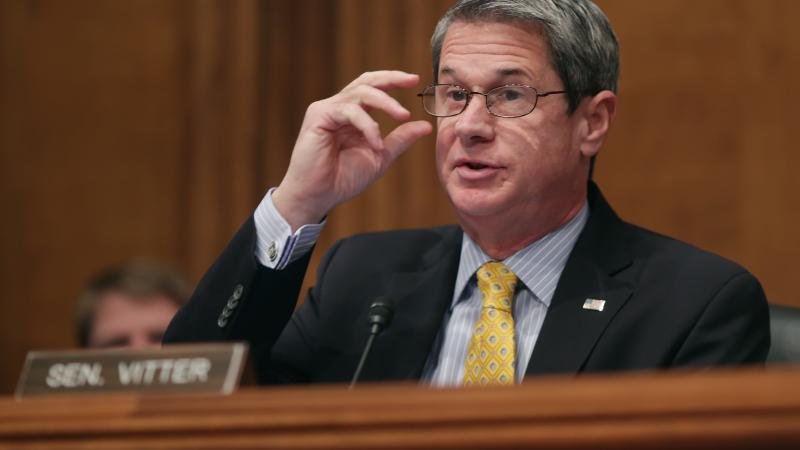Three Mexicans charged, 1 million fentanyl pills seized outside LA
At a minimum, the carload seized was enough to kill 600,000 people.
Law enforcement officials seized roughly 1 million fentanyl pills in one single car outside of Los Angeles, California, this week.
If every single pill contained a lethal dose, the amount hidden inside of the body and trunk of a Volkswagen Jetta was enough to kill one million people.
According to a recent U.S. Drug Enforcement Agency analysis, 60% of pills it tests contain a lethal dose. A lethal dose is 2 milligrams, the weight of a mosquito.
At a minimum, the carload seized was enough to kill 600,000 people.
Three Mexican nationals – all single men ages 25, 28, and 29, were in possession of the fentanyl pills. They were arrested and charged in federal court, the U.S. Attorney’s Office for the Central District of California announced.
All three are from Sinaloa, Mexico, according to the U.S. Attorney’s office, the region after which one of the most dangerous cartels is named.
The Sinaloa Cartel controls the drug trade throughout the southern border, covering California, Arizona, New Mexico, and into El Paso, Texas. Other cartels vie for control in Texas, including CJNG, Zeta, and Gulf cartels, law enforcement officials have explained to The Center Square.
The Mexican nationals were apprehended in El Monte, California, roughly 150 miles north of Tijuana, Baja California, Mexico. While some Democratic politicians have claimed the majority of fentanyl is being seized at ports of entry, law enforcement officers are seizing in single car loads enough fentanyl precursors and/or pills to kill entire populations of towns.
In one recent bust in Arizona, also 150 miles north of the border, enough fentanyl was seized to kill 800,000 people. Cartel and gang operatives traffic people and drugs from Mexico through the southern border to major U.S. cities, where they arrange distribution throughout the U.S., law enforcement officials have explained. Southern California is a major distribution hub, whose criminal network has reached Florida prisons, according to a recent operation.
The Sinaloa cartel’s reach extends to all major U.S. cities and throughout the world, law enforcement officials have also told The Center Square.
According to an affidavit filed with the complaint, the three Mexican nationals met with two buyers at a restaurant in El Segundo, California, about an hour from El Monte, on Tuesday. They initially engaged in a 10,000-fentanyl-pill sample sale followed by a planned 1-million-fentanyl-pill sale.
During the meeting, two of the defendants, Florencio Camacho Allan, 28, and Gerardo Gaixola-Patino, 29, met with the buyers while a third defendant, Alex Valdez Oroz, 25, remained in the car, a white Volkswagen Jetta, according to the affidavit.
After the meeting, Allan and Gaixola-Patino went to the parking lot where they allegedly sold 10,000 fentanyl pills to the buyers for $7,500, according to law enforcement. They then left the restaurant under surveillance of law enforcement.
Later in the day, Allan reportedly confirmed with one of the buyers his interest in another sale, this time for one million pills. He showed the buyer the pills in his trunk using a WhatsApp video call, according to the complaint.
After receiving information about the pills’ location, law enforcement officers performed a traffic stop on their car in an El Monte hotel parking lot. They searched the car and found roughly one million fentanyl pills in multiple packages hidden in the body and trunk of the car and arrested the three Mexican nationals.
If convicted, each defendant faces a statutory maximum sentence of life in federal prison.
The Drug Enforcement Administration is investigating the case as part of a High Intensity Drug Trafficking Area program in partnership with Homeland Security Investigations, the Hawthorne Police Department, the Fullerton Police Department, the El Monte Police Department, and the California National Guard.
Assistant United States Attorneys Lyndsi Allsop of the Violent and Organized Crime Section and K. Afia Bondero of the General Crimes Section are prosecuting the case.















